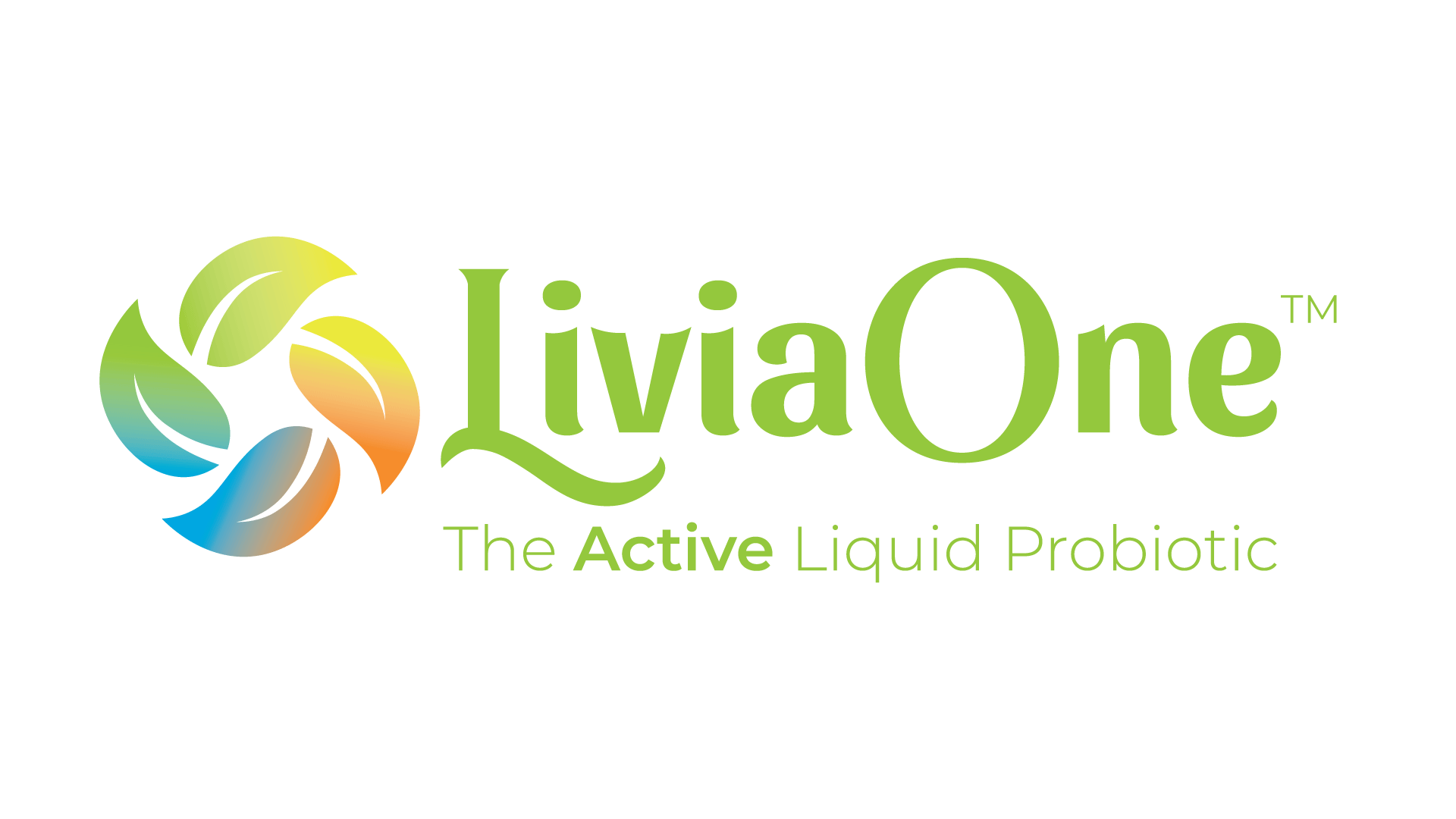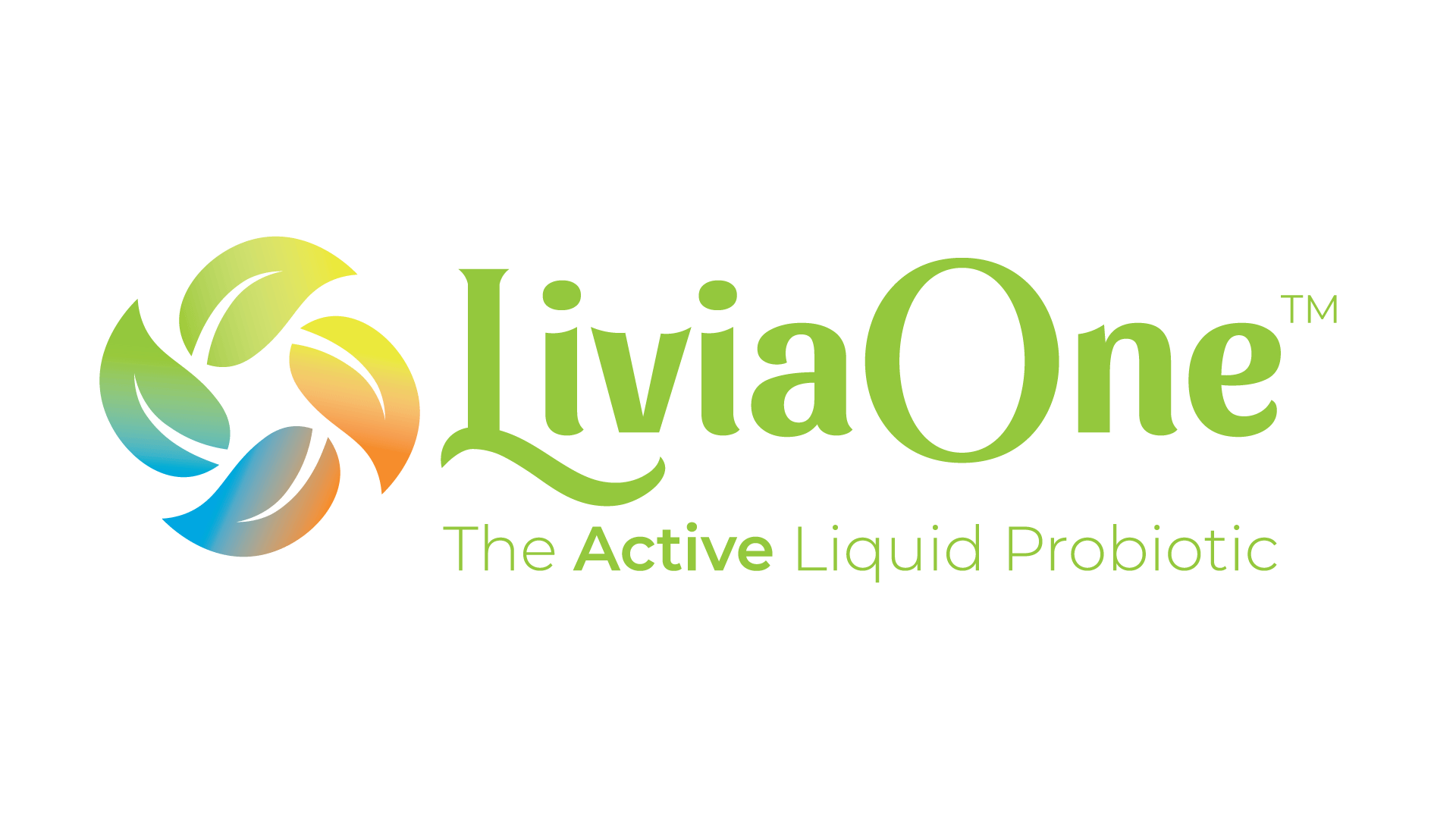Lactobacillus Plantarum
Lactobacillus plantarum, like all probiotics, is a beneficial bacterium that can be used for improved health. Lactobacillus is the largest genus of the lactic acid bacteria group. Lactobacillus plantarum is one of over 50 Lactobacillus species. It was first isolated from human saliva.
One of the most versatile probiotics, Lactobacillus plantarum is found in plant material and the gastrointestinal tract of animals, including humans. It is used in the fermentation of foods like sauerkraut, kimchi, pickles, and sourdough bread. It has been used for this purpose for hundreds of years, and is a healthier option in food preservation. Along with promoting normal digestive health, Lactobacillus plantarum has been shown to be an effective treatment for irritable bowel syndrome (IBS), Crohn's disease, and colitis. It has the ability to destroy pathogens and to preserve critical nutrients, vitamins, and antioxidants. It has also shown the rare ability to produce L. lysine, a beneficial amino acid. One of the most exciting uses for Lactobacillus plantarum involves using it to deliver therapeutic compounds and proteins to the body. This area of research using the bacteria is new and ongoing.
Among the latest research on Lactobacillus plantarum it that which has shown it to be highly effective in preventing soy-related allergies. Researchers at the University of Illinois conducted two studies in 2008. They fermented soy seeds, flour, or meal using a variety of microorganisms. Fermented and unfermented soy products were introduced into blood plasma from people allergic to soy. Lactobacillus plantarum enabled the greatest reduction in immunoreactivity to the soy products. In many cases, it was as much as a 99 percent reduction. The process also increased the number of essential amino acids in the soy, along with new beneficial peptides, providing an additional health boost. Though a soy allergy only affects a small number of the population, that number is expected to grow as soy continues to become a more common ingredient in a wide range of food products.
A 2001 study by Swedish researchers at Lund University explored the properties and use of Lactobacillus plantarum 299v. This particular strain originates from human intestinal mucosa. Animal subjects with this bacterial strain have shown improved liver status and a reduction of mucosal inflammation. Lactobacillus plantarum 299v reduced abdominal bloating in patients with irritable bowel syndrome. It also increased the amount of carboxylic acids in feces and decreased fibrinogen concentrations in the blood. In addition, scientists conducting the study stated that lactic acid fermentation, such as that used with Lactobacillus plantarum, is the safest way to preserve food.
A different study by Polish researchers in that same year showed similar results. Using 40 IBS patients for the four-week study, researchers put half on the same strain, Lactobacillus plantarum 299v, and half on a placebo. By the end of the study, researchers reported a significant difference in the results of the two groups. Patients using Lactobacillus plantarum showed a normalization in stool frequency. All 20 reported a resolution of abdominal pain and 95 percent showed improvement on all IBS-related symptoms.
When a healthy colony of Lactobacillus plantarum lives in the intestines, it prevents harmful bacteria from attaching to the mucosal lining and competes for the nutrients the bad bacteria need to survive. With no food and no room to live, the harmful bacteria pass harmlessly through the body.
In a related factor, Lactobacillus plantarum has been shown to be highly resistant to most antibiotics. Though antibiotics are often necessary, they cause yeast overgrowth in adults and children. This often results in an upset stomach and a disrupted digestive system. When a healthy colony of Lactobacillus plantarum lives in the intestines, it prevents the overproduction of the yeast and eliminates this common problem that is often the result of antibiotic use.
As with most probiotics, supplements of Lactobacillus plantarum are available at health food stores and online. Another way to introduce a larger amount of this healthy bacteria to the digestive system is by preserving food using a starter culture, also available at most health food stores.
REFERENCES:
American Journal of Clinical Nutrition. (2001). Lactobacillus plantarum 299v Reduces Irritable Bowel Bloating.
Body Ecology. (2009). Lactobacillus Plantarum: The Key Benefits of This "Superstar" Probiotic and How to Get It in Your Diet.
European Journal of Gastroenterology and Hepatology. (2001). Probiotic LP299v Could Help Patients with Irritable Bowel.
Frias, Juana et al. (2008). Journal of Agriculture and Food Chemistry. Overcoming Allergic Reactions to Soy.
National Center for Biotechnology Information. (2009). Lactobacillus planturam WCFS1 Genome Page.
Probiotics Love That Bug. (2009). Lactobacillus plantarum: The Family.
Taylor, John R. and Mitchell, Deborah. The Wonder of Probiotics. New York, NY: St. Martin's Press, 2007.
For more information:
 A complete description of probiotics, along with groundbreaking recent clinical research illustrating the many ways probiotics can prevent disease, can be found in Probiotics - Protection Against Infection: Using Nature's Tiny Warriors To Stem Infection. This new compendium from one of contributing authors of the content on this page, Dr. Casey Adams, PhD., takes the confusion out of selecting and supplementing with probiotics. Referencing over 500 scientific studies and reports, and with detailed instructions on how to make your own probiotic foods, this book is a must for anyone seeking to understand the power of probiotics, and improve their immunity and vitality. Click here for ordering information.
A complete description of probiotics, along with groundbreaking recent clinical research illustrating the many ways probiotics can prevent disease, can be found in Probiotics - Protection Against Infection: Using Nature's Tiny Warriors To Stem Infection. This new compendium from one of contributing authors of the content on this page, Dr. Casey Adams, PhD., takes the confusion out of selecting and supplementing with probiotics. Referencing over 500 scientific studies and reports, and with detailed instructions on how to make your own probiotic foods, this book is a must for anyone seeking to understand the power of probiotics, and improve their immunity and vitality. Click here for ordering information.
Please read this Disclaimer:
The contents of this site, such as text, graphics, images, information obtained from www.Probiotic.org licensors and other material ("Content") contained on this site is for informational purposes only. The Content is not intended to be a substitute for professional medical advice, diagnosis or treatment. Always seek the advice of your physician or other qualified health provider with any questions you may have regarding a medical condition. Never disregard professional medical advice or delay in seeking it because of something you have read on this site!

